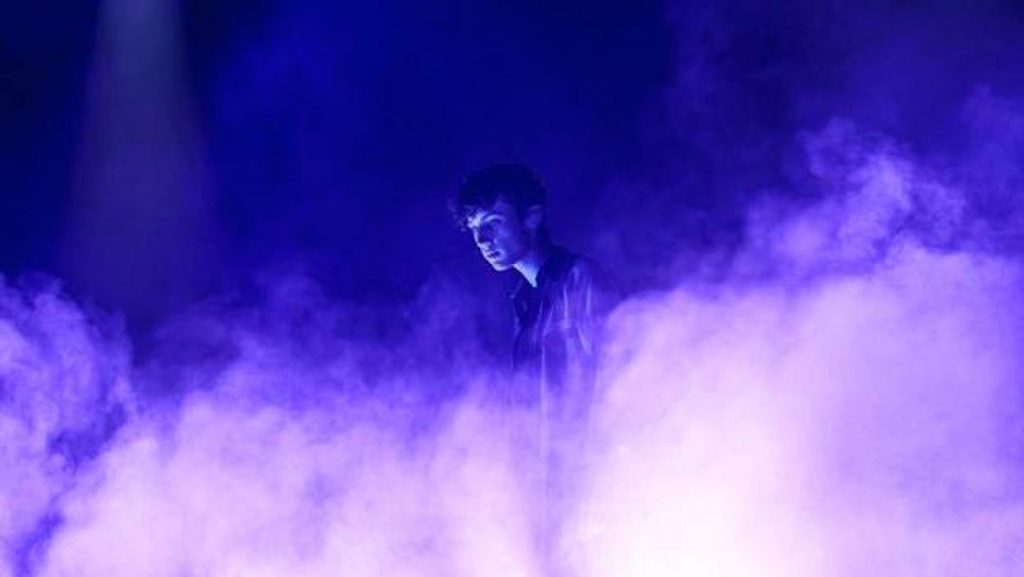If you’re studying this book as part of a readers’ group, here are a few resources to help you get started. Note: questions do contain spoilers, so read the book first if you want to avoid them...
The narrator of the novel (like the author) has synaesthesia. Find out more about this condition here.
The author often refers to aspects of Jungian psychology. Read about his theories here.
Fancy a tipple? These cocktail recipes are a lot more palatable than Gloria’s vitamin drink...
Questions for group discussion:
- This is one of the darkest of the author’s novels. And yet she often refers to it as a “black comedy.” Why do you think that is? Do you agree?
- The author deliberately subverts some of the norms of structure and narration in this book. Why do you think she chose to do this? What do you think the effect is on your reading experience?
- The author writes in a very graphic, sensually evocative style. In what way does this shape the narrative?
- One character in the book is blind. How does the author modify her language to convey this when using this character’s voice?
- The main narrator, BB, has a very unique perception of the world. In what way does it change his outlook on things? In what way does it direct his behaviour?
- In what way is this a novel about identity, and how our identity is shaped by our senses and how we perceive the world?
- If this is primarily a novel about perceptions, it is equally about the ways in which we allow other people to perceive us. Both narrators are skilled in manipulating the perceptions of other people and even of creating completely false personae. How does the author accomplish this? What is the effect on the reader?
- Colours are very important in this book. What do colours mean to you? What colour associations do you have?
- Gloria allocates colours to her three sons in order to save money on washing. What do you think of this? What does it tell you about her personality?
- BB writes down his murder fantasies as part of an internet writing group. What does this group provide him with? Why is it important to him?
- Gloria is a distinctly abusive parent. Why does BB not simply leave her? Why do you think the author chose to portray a male victim of domestic violence? Does the fact that he is a victim change the way you perceive his actions?
- To what extent do you think BB is playing out his fantasies in real life? Why do you think he is attracted to the idea of being a murderer?
- Why is BB so attracted to Emily? What does he see in her? Do you think he identifies with her? Or does he want to be like her?
- The author misdirects the reader a number of times in this book. How does this contribute to the theme of perception and identity? Do your feelings about BB change when you realize how much he has lied to you?
- Gloria is a monster, but she is also a strong and enterprising woman. In what way is she too the product of her upbringing and background?
- What is the relationship between BB and Dr Peacock? In what way could it be said to be formative?
- BB’s identity changes throughout the story as we learn more about him. Why do you think he would be feel uncomfortable with his own identity?
- Taste and scent are very important in this book, though not necessarily in a pleasant way. How does the author use this to heighten scenes of emotional significance?
- BB dreams of travelling, and yet has never even tried to fulfil his dreams. In what way would you say that this defines his character?
- BB fictionalizes his life because in his eyes, his real life is worthless. In what way would you say the internet and its communities might possibly encourage this kind of thinking?

